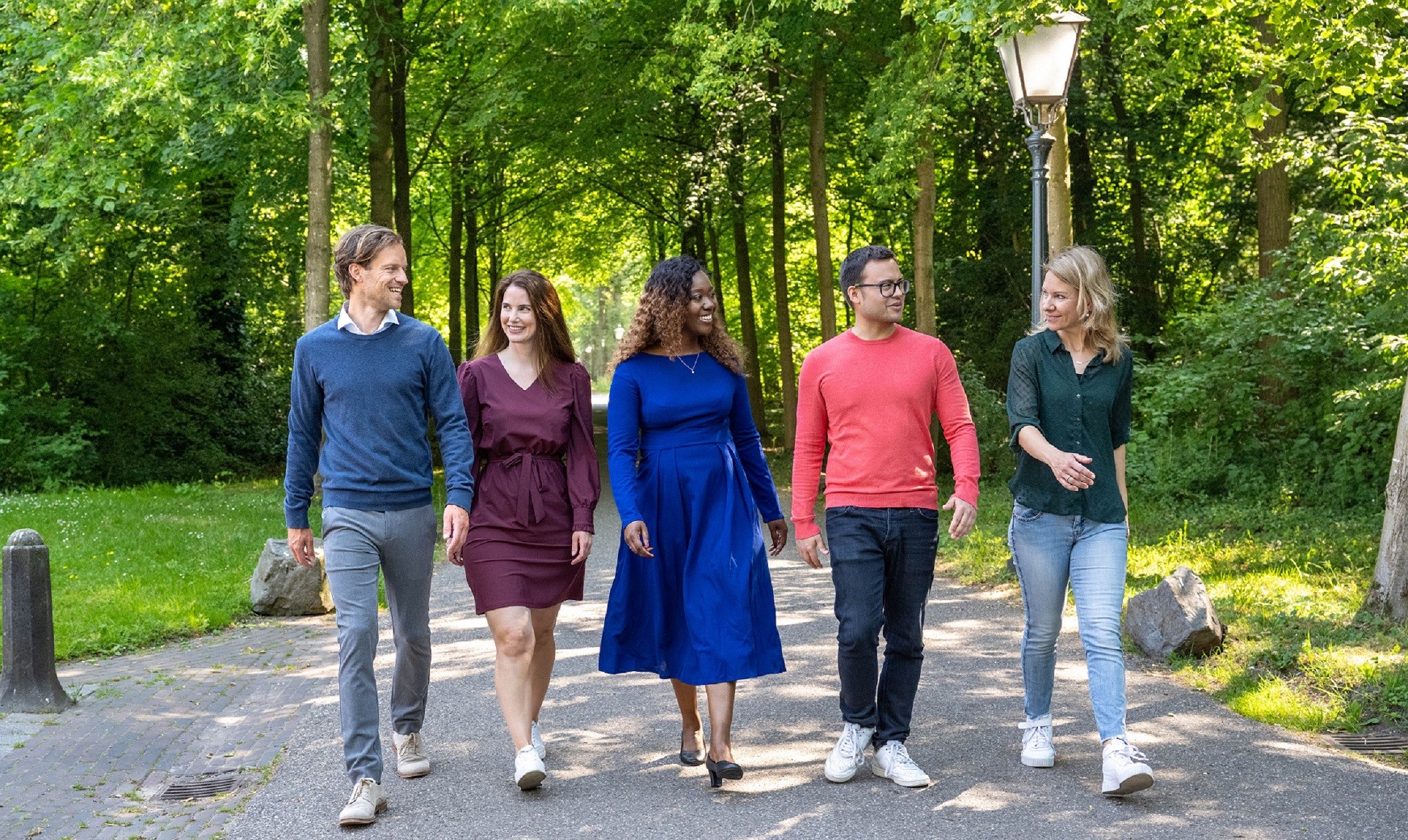All stakeholders can benefit from a sustainable clothing industry, says S. M. Akterujjaman during his PhD defense ceremony on May 22. His research is concerned with the complex network of relationships and interactions that determine the shape of corporate social responsibility. In doing so, Akterujjaman focused mainly on the clothing industry in Bangladesh.
Bangladesh, a world leader in the production of ready-to-wear clothing, faces significant challenges For example, poor working conditions, unsafe situations in the workplace and exploitation of workers. Nevertheless, a remarkable shift is taking place within the sector. Many retailers and clothing brands are taking proactive measures to improve their supply chains, whereby corporate social responsibility (CSR) is an important consideration. According to Akterujjaman, this beneficial shift in the clothing industry is fueling a sense of hope and confidence in a more promising and environmentally friendly future.
The dynamics of co-creation
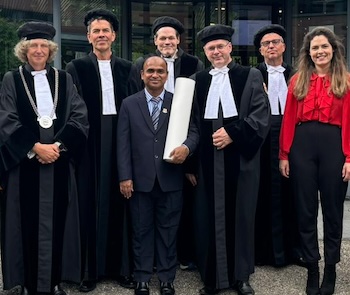 "Collaboration with government agencies, NGOs and local communities is a key strategy for achieving sustainable development paths in the clothing industry," Akterujjaman explains. "The focus of my PhD research is therefore on how individuals work together to solve problems. I also analyzed the factors that contributed to its success or failure." Research into the dynamics of co-creation yields valuable knowledge. It then concerns factors affecting cooperation and the resulting impact on social well-being and sustainable development.
"Collaboration with government agencies, NGOs and local communities is a key strategy for achieving sustainable development paths in the clothing industry," Akterujjaman explains. "The focus of my PhD research is therefore on how individuals work together to solve problems. I also analyzed the factors that contributed to its success or failure." Research into the dynamics of co-creation yields valuable knowledge. It then concerns factors affecting cooperation and the resulting impact on social well-being and sustainable development.
Convictions
As part of his PhD research, Akterujjaman wrote four articles that appeared in leading scientific journals. He researched the clothing industry in Bangladesh and investigated a major clothing importer from Bangladesh in the Netherlands. Akterujjaman wanted to gain insight into the global vision on CSR. His research found that Dutch managers who have a positive view of society and the environment, and who believe they have control over their behavior, are more likely to behave in a manner consistent with these values. These findings illustrate how convictions and attitudes of individuals matter when it comes to CSR. Akterujjaman also examined the collaboration between various entities involved in Smart City initiatives in the Netherlands. This showed that the achievement of a common goal is significantly influenced by the degree of individual motivation of those involved
Focus on well-being
Akterujjaman also did a case study on the impact of the implementation of CSR within Columbia Garments Limited in Bangladesh. "Examples include improving working conditions, offering training programs or guaranteeing a living wage." One of the initiatives was to provide free sanitary pads to female employees. This way, they do not have to spend any money themselves, while still benefiting from the hygiene that sanitary pads offer over alternative options. As a result, absenteeism due to sick leave decreased and productivity actually increased. Akterujjaman's research shows that the widespread adoption of CSR by companies in the Netherlands has led to higher levels of employee satisfaction and in turn, lower levels of employee turnover. "In Bangladesh, on the other hand, the focus on CSR is limited to a few companies, but we find that workers in these factories are more satisfied than their counterparts in other factories. This is because these companies pay more attention to the well-being of their employees. My research also shows that employee satisfaction leads to higher productivity —and, therefore, more profit. This finding shows that different stakeholders stand to benefit from CSR programs."
Future
Akterujjaman resides in Bangladesh where he is an associate professor in the Department of Business Administration at BGMEA University of Fashion & Technology (BUFT). He is also one of the editors of the BUFT Journal. Akterujjaman was selected for a Ph.D. program at Nyenrode after previously training and spending eight months here in the Netherlands. That he is himself is socially engaged is evident from his role as co-chair of the student welfare committee and as a member-secretary of the Anti-Terrorism Monitoring Cell at his university. He expects that the findings of his PhD research will inspire other clothing manufacturers to get on board with CSR as well. "My research shows that it is possible to create a win-win situation for all stakeholders." Now that his PhD research is complete, one last question remains for Akterujjaman. What would he still like to achieve in his career? "I hope to become a professor one day," he replies with a smile. "I think that this research is a great step in the right direction."
Related programs
-
Modular Executive MBA in Business & Sustainable Transitions
Start date: spring & autumnLanguage:- Dutch
Location:- Breukelen
The Modular Executive MBA in Business & Sustainable Transitions focuses on transitions underway around sustainability.
View program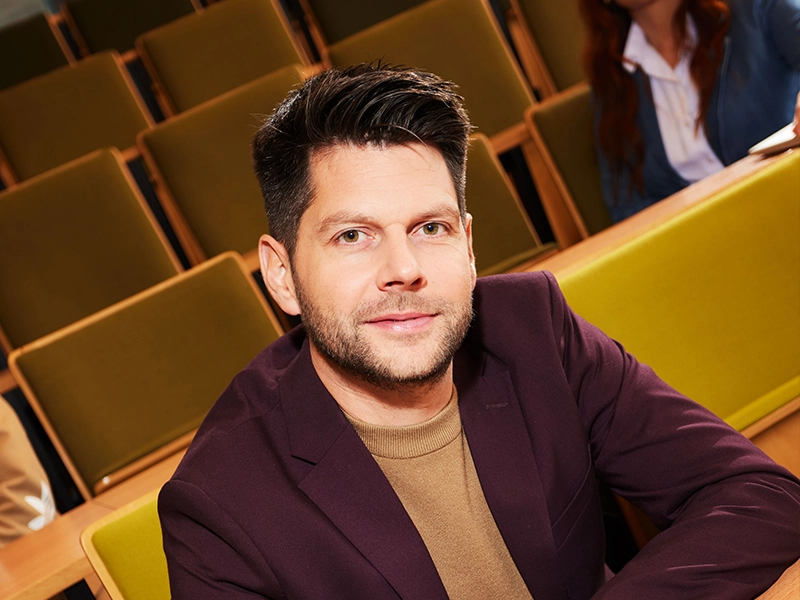
-
Executive Program Energy Transition in Business and Leadership
Start date: November 23, 2026Language:- English
Location:- Amsterdam
- Other...
This executive programme focuses on the development of new business models at a time of massive and disruptive change in the energy market. It has three main parts.
View program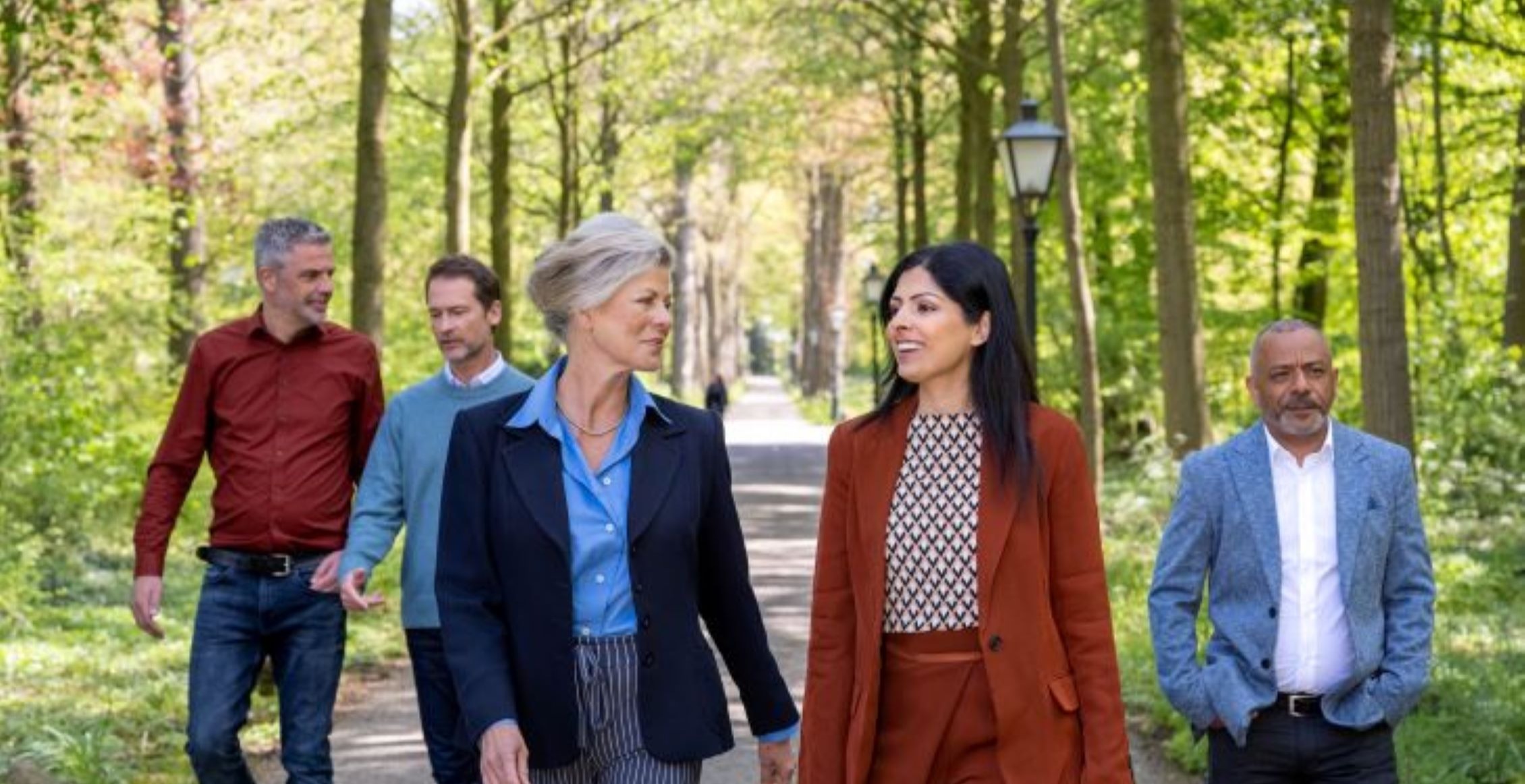
-
Executive Program Hydrogen
Start date: new dates will followLanguage:- English
Location:- Breukelen
In the dynamic world of the energy transition, the Executive Hydrogen Programme emerges as a platform for leaders in the hydrogen sector.
View program
-
Executive Programme Energy Transition and Innovation
Start date: March 23, 2026Language:- English
Location:- Breukelen
- Other...
Get ready for the future of energy – with Nyenrode Business University, RWTH Aachen University of Technology and the International Energy Agency
View program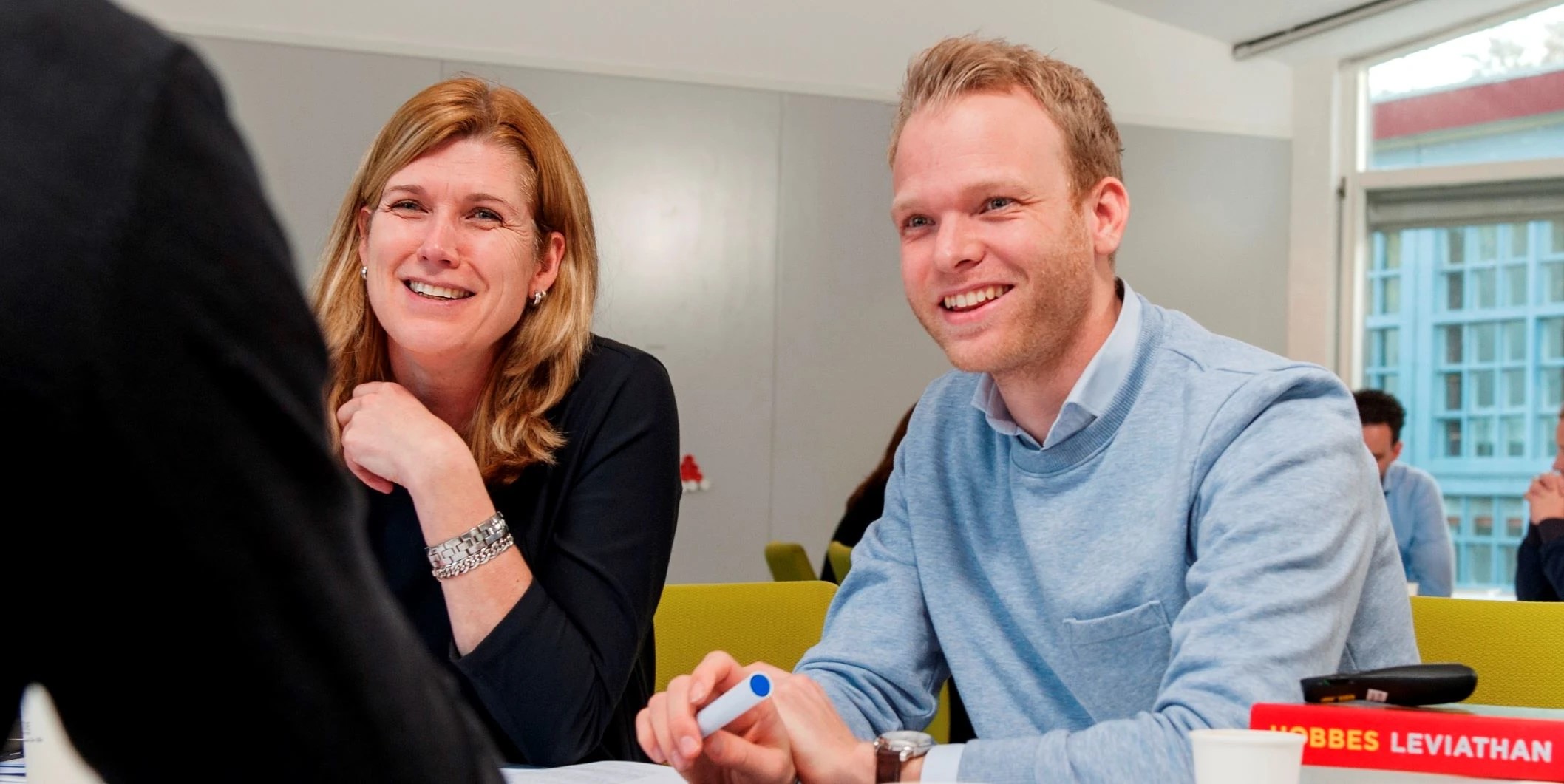
-
Sustainability and Systemic Change
Start date: March 17, 2026Language:- English
Location:- Breukelen
Develop knowledge and skills to create opportunities for sustainable value creation from a leadership rol.
View program
-
PhD Program (part-time)
Start date: 1 september 2026Language:- English
Location:- Breukelen
Obtain your PhD degree at Nyenrode Business Universiteit. Develop your academic, research and personal effectiveness skills. Focus on both academic rigor and practical and societal impact.
View program